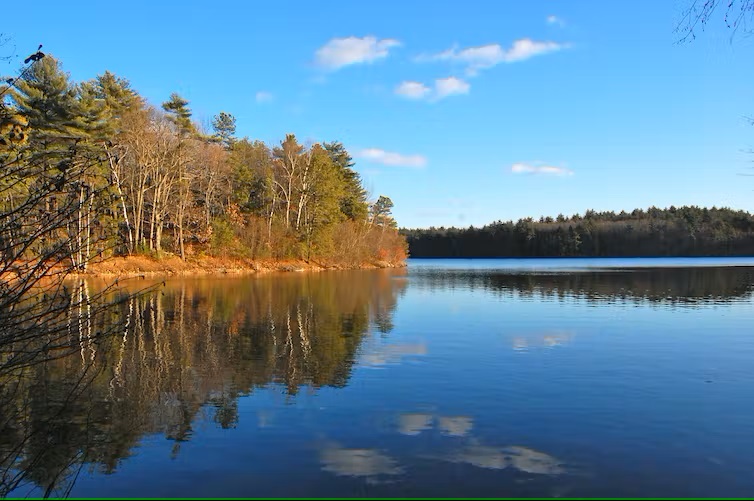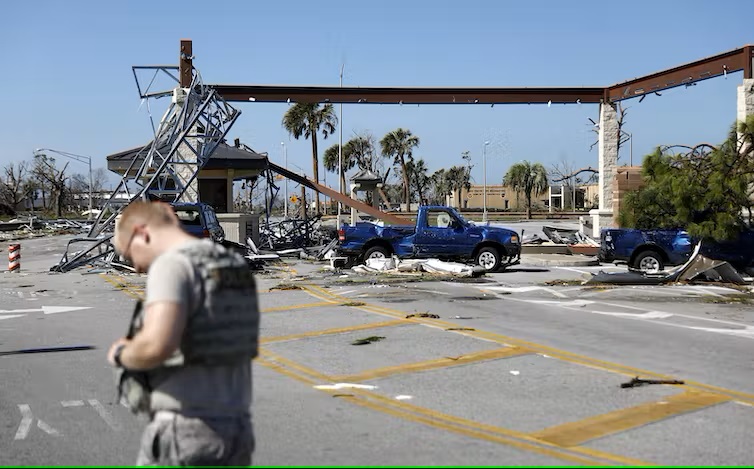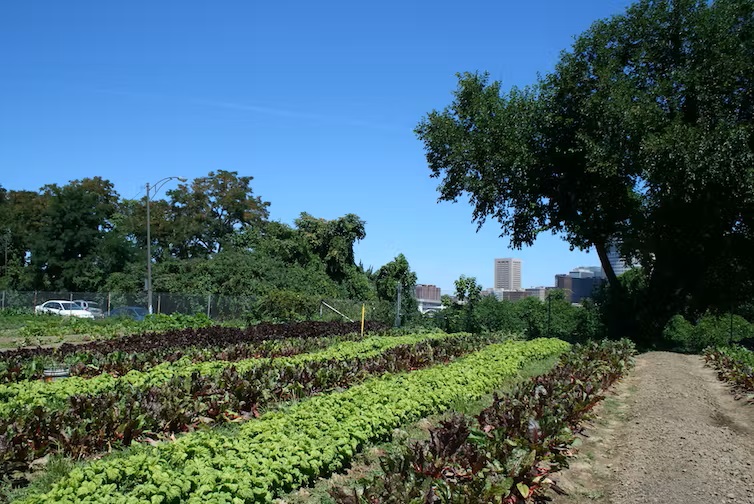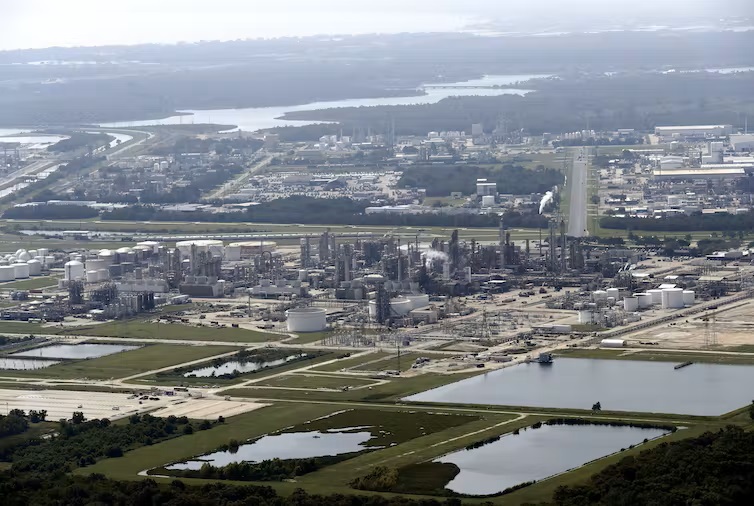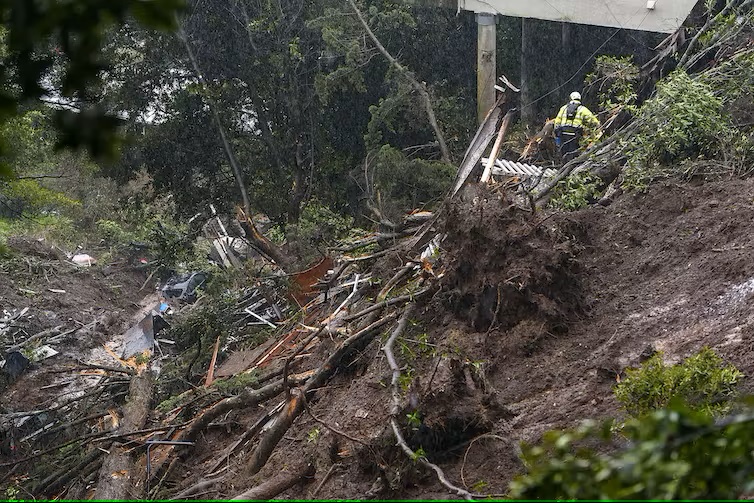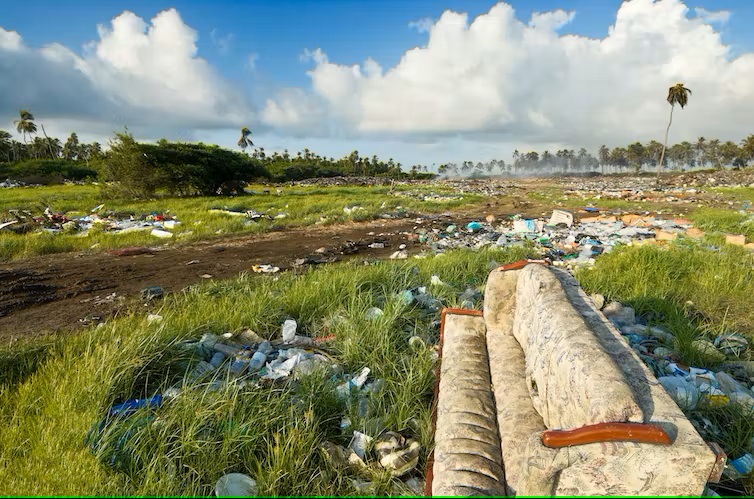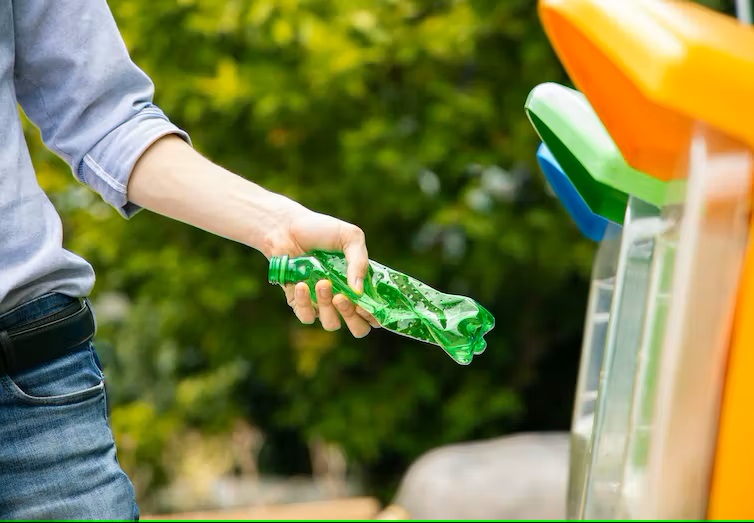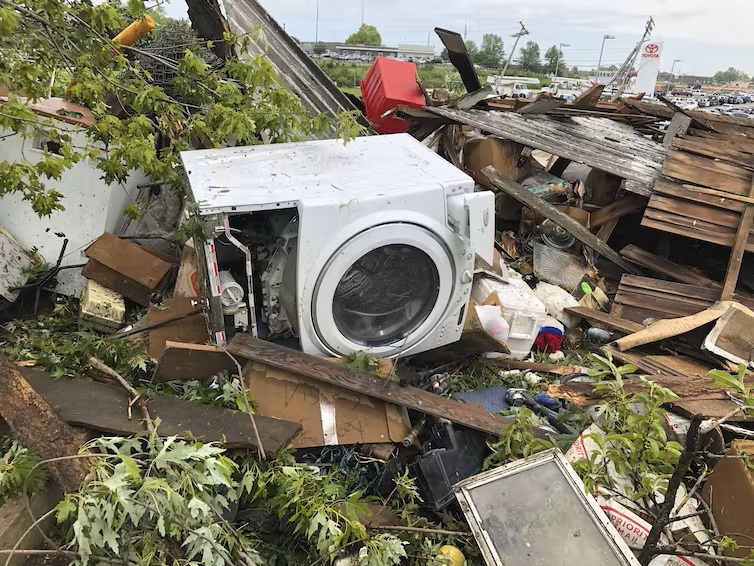What ‘Walden’ can tell us about social distancing and focusing on life’s essentials
Seeking to bend the coronavirus curve, governors and mayors have told millions of Americans to stay home. If you’re pondering what to read, it’s easy to find lists featuring books about disease outbreaks, solitude and living a simpler life. But it’s much harder to find a book that combines these themes.
What ‘Walden’ can tell us about social distancing and focusing on life’s essentials Read More »

